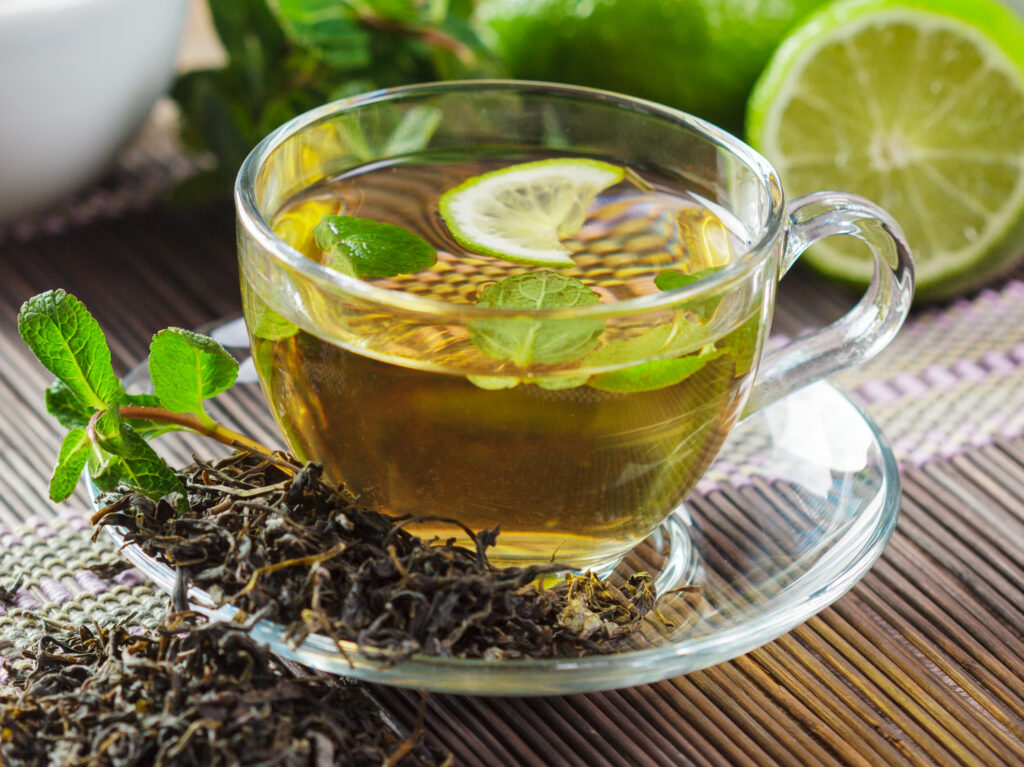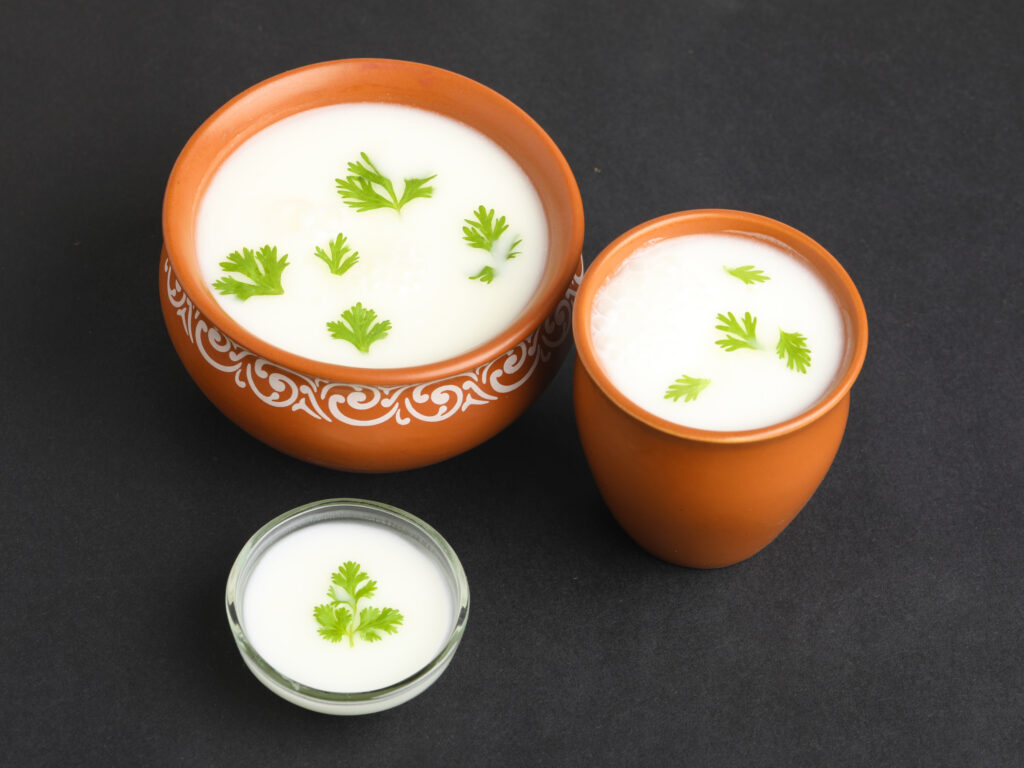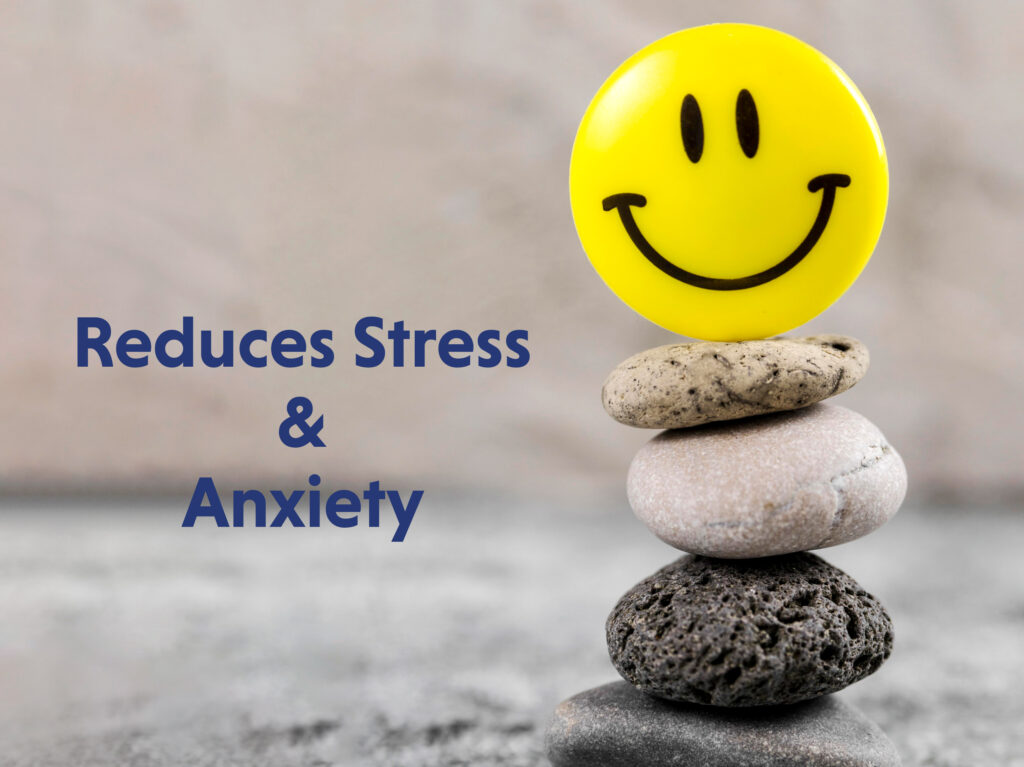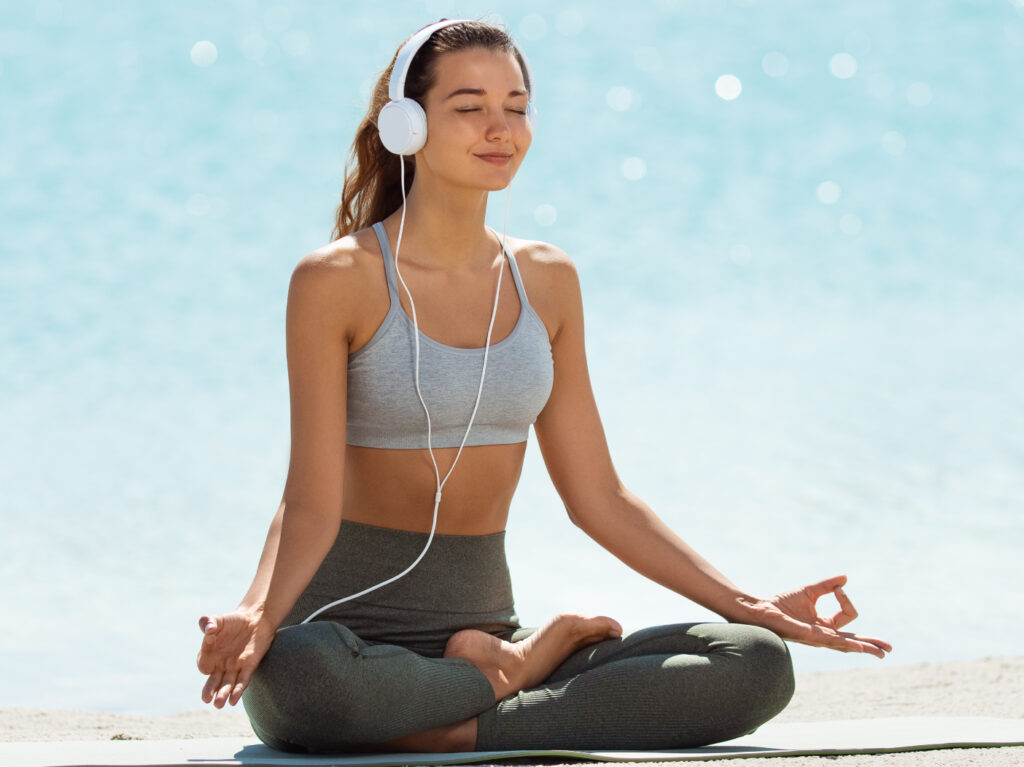‘Superfoods’ Does the name ring a bell? I am sure it does. Superfoods are the go-to foods for all the health freaks who work towards a fit and healthy body. Although, there is no legal definition or standard classification for these foods. The name superfood was given to market foods that are nutrient-rich and are mostly plant-based.
These foods contribute very little towards calories instead, they are a great source of vitamins minerals and are loaded with antioxidants. They contribute towards good health.
How Superfoods work?
Antioxidants are molecules that reduce the generation of free radicals in our body. Free radicals are chemicals that can damage cells are associated with several illnesses and the process of ageing.
The myth
Many people expect that eating one or two superfoods on top of an unbalanced, poor diet will help them avert chronic illness. Unfortunately, this is the biggest myth! You need to have a healthy balanced diet and the intake of superfoods to stay healthy.
Superfoods for a healthier You
Different types of berries- These include goji, Acai, blueberries, raspberries, and tart cherries. These are loaded with flavonoids, antioxidants, fiber, and vitamins such as A, C, E, and K.
Leafy green foods- Examples of such foods are spinach, kale, collard greens, turnip, beet greens, and swiss chards. They are rich in iron, calcium, magnesium, potassium, and tonnes of carotenoids, along with a lot of fiber. In addition to promoting a healthy digestive tract, these are a great source of vitamins A, B, C, E, and K.

Dark Chocolate- It is high in flavonoids and antioxidants. It also helps to boost immunity and protect against some conditions such as cardiovascular disease. The cacao powder present in dark chocolate confers most of the health benefits.
Tea- Green tea, which is rich in catechins, is anti-inflammatory and can help in reducing stress, thereby proving good for your health.

Fish- Rich in omega-3 fatty acids, they have immense health benefits, and one of them includes reducing the risk of heart disease. Examples are salmon, trout, herring, sardines, and mackerel.
Nuts and seeds- An excellent source of plant proteins, nuts such as hazelnuts, almonds, pecans, and walnuts all can be added to your diet. You can have a handful or add them to your salads or vegetables. Being rich in healthy fats such as monounsaturated fatty acids, they are great for your heart.
Whole grains- Whole grains are rich in fiber, Vitamins such as B complex, many minerals, and plant-based proteins.
Do not forget the bulgur wheat, quinoa, brown rice, and wheatberries, and try to incorporate these into your daily diet. Also, include 100% whole wheat multi-grain bread in your breakfast rather than baked potatoes.
Legumes- Different beans such as kidney, soya, red, black, and garbanzo beans and peas. Make your salads and soups healthier and tastier when you add protein-packed legumes to them.
Grapes- ‘Resveratrol’ is a compound with similar functions as an antioxidant, protecting against chronic diseases. This compound is abundant in the skin of red grapes.
Cruciferous vegetables- Compounds in these vegetables have been shown to have anticancer properties. Rich sources include broccoli, cabbage, Brussels sprouts, cauliflower, kohlrabi, turnips, radishes, and mustard greens. These are loaded with vitamins and minerals. You can cook up a nutritious meal by stir-frying them in healthy oils or steaming them.
Some other superfoods- Wheatgrass, spirulina, garlic, turmeric, beetroot, and Brazil nuts.
Fill up your plate with colorful foods to amp up the antioxidant quotient!
Superfoods for a healthy gut – Probiotics and Prebiotics
The Gut Microbiome Diet
Feeding gut bacteria in the right way!
Several foods nourish the gut bacteria, support their growth and development, and maintain them to augment gut health.
Probiotics
The term probiotic is derived from a Greek word which means ‘for life’. Probiotics are live, friendly bacteria that are beneficial for our gut. Foods rich in probiotics include yogurt and traditional buttermilk, which are dairy-based.
Many fermented foods also serve as a good source of probiotics. These are kefir, Kimchi, Kombucha, Kanji, pickles, sauerkraut and Tempeh (Vegetable origin).
Different types of probiotics have different effects. However, their primary mechanism of action involves killing bad microbes present in the gut, helping maintain an intact intestinal wall, reducing inflammation, and improving immunity.
Benefits of Probiotics
Yogurt and Buttermilk: A great source of Calcium, Vitamin B12, proteins, phosphorus, and riboflavin. To top it up, people who have lactose intolerance can also have these!
Both of these products should be prepared from raw milk as pasteurization causes the destruction of good bacteria.

Sauerkraut: This product derives its benefit from being a fermented vegetable and is a powerhouse of nutrients. Since it is loaded with vitamins, iron, folate, potassium, and manganese.
You should try making one at home rather than buying it from a supermarket, as commercial ones are pasteurized and have added preservatives.
Kimchi: Similar to sauerkraut, Kimchi is also a fermented product and has cabbage as the main ingredient apart from cucumber, radish, red chili,, and garlic. It can be used as a side dish or an appetizer.
It is a great source of antioxidants and can boost your immune system.

Miso and Tempeh: Both are made by fermentation of soybeans. Miso is eaten as soup,, whereas Tempeh is like tofu but is more proteinaceous comparatively. It’s a rich source of vitamins and minerals but is low in carbohydrates and salt.
Kombucha: Also called tea mushroom, It’s a popular beverage that was used in ancient China and is made from sugar and black tea. It is an antioxidant and is antimicrobial in nature, protecting against the risk of heart disease and diabetes.
The anti-cancer properties of polyphenols present in the tea also have immense health benefits.
Prebiotics- How are they different from Probiotics?
You should not confuse probiotics with prebiotics as both are different.
Prebiotics refer to non-digestible fibrous foods which feed the probiotics/ are food for good bacteria present in your gut. They are broken down by the microbes present in the large intestine to synthesize products that help absorb nutrients in the gut.
They have several benefits, from being anti-inflammatory with cancer-fighting properties to help with weight loss and preventing constipation.
Prebiotic foods include the insoluble fiber from many plant-based foods such as legumes, fruits, and vegetables. Fruits such as apples, bananas, avocados,, and berries and vegetables like leeks, onions, artichokes, garlic, barley, tomatoes, dandelion greens, and asparagus along with peas and beans are the best sources of prebiotics.
Chicory, cocoa, konjac roots, oats, soybean, wheat,, and yacon roots, all these fiber-rich foods help maintain a healthy gut. At Least 5 grams of prebiotics should be incorporated into your daily diet.
Are supplements good enough?
If you eat a healthy, well-balanced diet, you should skip dietary supplements. Even if you have them, they should be taken just to fill the gaps in your diet.
Dietary supplements are available in tablets, capsules, and powder form in many pharmacy stores. In relation to gut health, supplements are offered as an additional option to help balance one’s gut microbiome. Supplements may contain enzymes, vitamins, minerals, etc.
However, before taking any supplements, you should always consult a health care practitioner, as they may sometimes have strong biological effects in some individuals and may not be safe for everyone.
Super summary A well-balanced diet packed with nutrients when supplemented with superfoods can do wonders for your health. So, keep your illnesses at bay and let food be thy medicine. Also, get your health’s wealth through the right nutrition choices by downloading the JoyScore App.
Download on the AppStore
Get it on Google Play
















